
McDonald’s Sued Over McRib Meat Claims
Published about 1 month ago in News
Martina Osmak, Director of Marketing
A new lawsuit says McDonald's misled customers by calling its McRib a “rib” sandwich even though it does not use pork rib meat.

Published about 1 month ago in News
Martina Osmak, Director of Marketing
A new lawsuit says McDonald's misled customers by calling its McRib a “rib” sandwich even though it does not use pork rib meat.
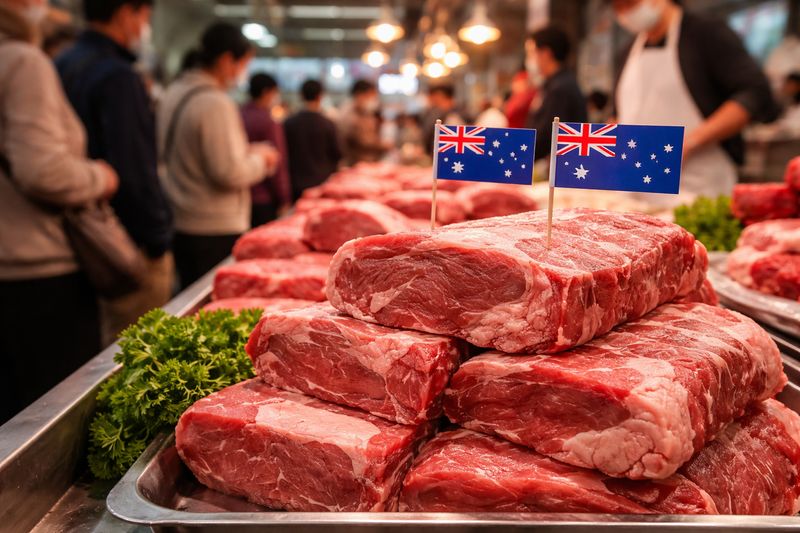
Published about 1 month ago in News
Martina Osmak, Director of Marketing
China has set limits and tariffs on Australian beef to protect its own farmers, which may affect exports but is not a full trade war.

Published about 2 months ago in News
Martina Osmak, Director of Marketing
Beyond Meat’s stock had a short surge, but weak sales, internal problems, and low demand make a strong comeback unlikely right now.
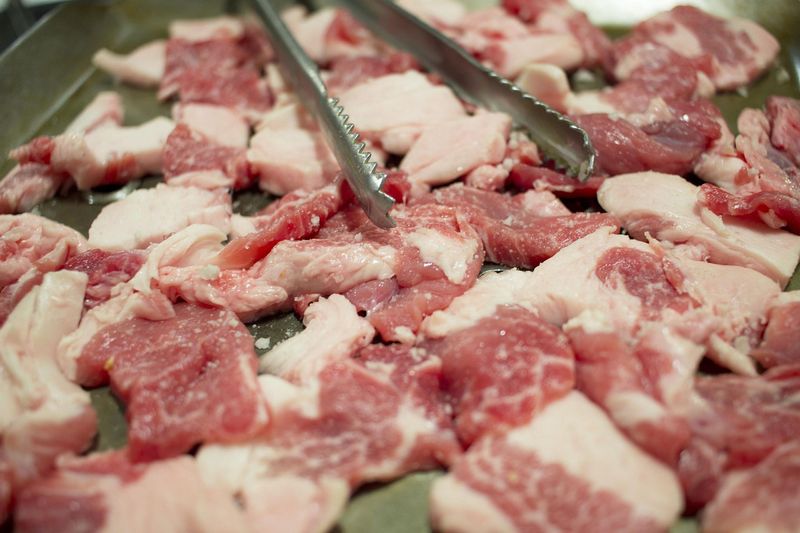
Published about 2 months ago in News
Martina Osmak, Director of Marketing
Food inspectors in Portugal have taken strong action against illegal practices in meat, shellfish, wine, and honey to protect consumers.
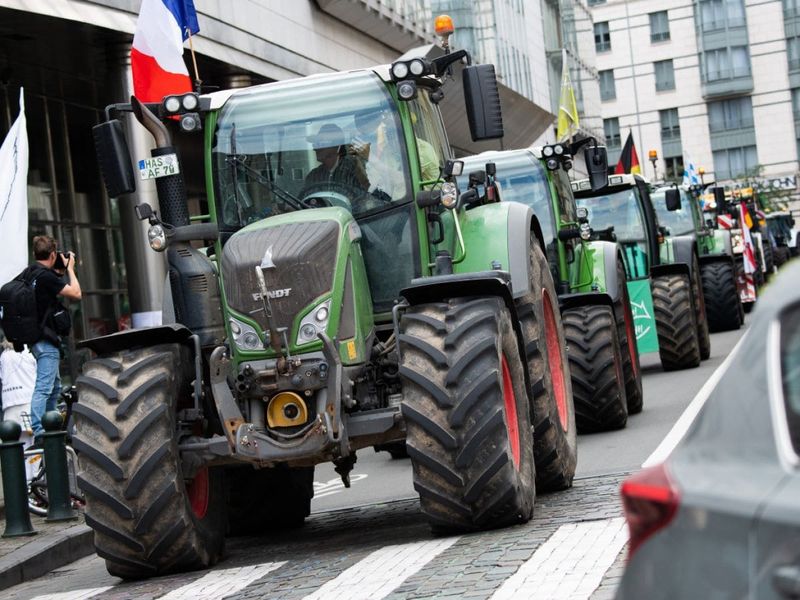
Published about 2 months ago in News
Bo Pedersen, Chief Revenue Officer
Deep dive into the EU farmer's balance sheet: Analysis of CAP payments vs. production taxes, the "French Anomaly," and why the net value of subsidies is shrinking due to green inflation.
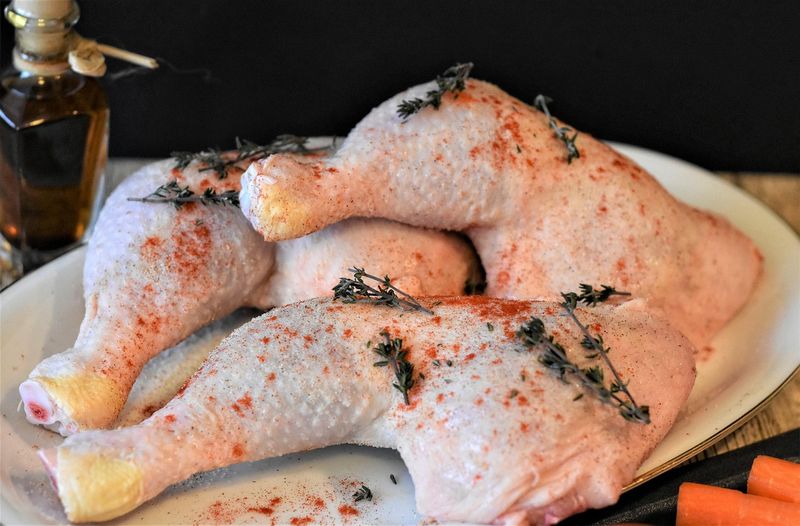
Published about 2 months ago in News
Martina Osmak, Director of Marketing
In mid-December, chicken prices fell in Egypt, while red meat became more expensive, putting pressure on family food budgets.
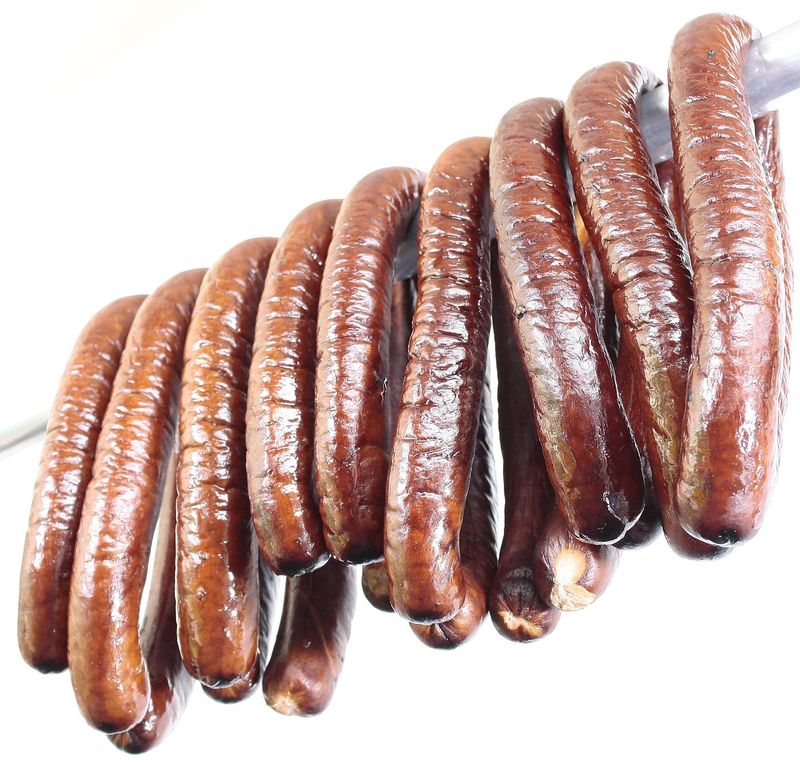
Published about 2 months ago in News
Martina Osmak, Director of Marketing
One story about business expansion, another about food safety — both matter to Swiss consumers.
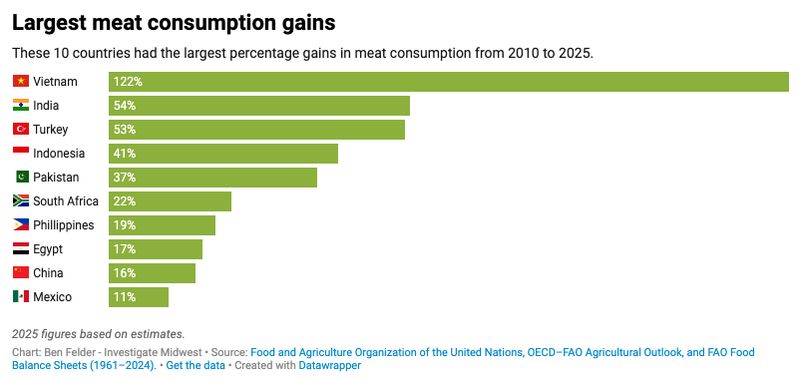
Published 2 months ago in News
Bo Pedersen, Chief Revenue Officer
New report shows US & Asia meat consumption booming while Europe declines. US feedlots see quality surge from beef-on-dairy cattle. UK bird flu cases hit 68.

Published 2 months ago in News
Bo Pedersen, Chief Revenue Officer
Beijing's 5-Year Ruling Creates Winners and Losers in the EU Pork Sector
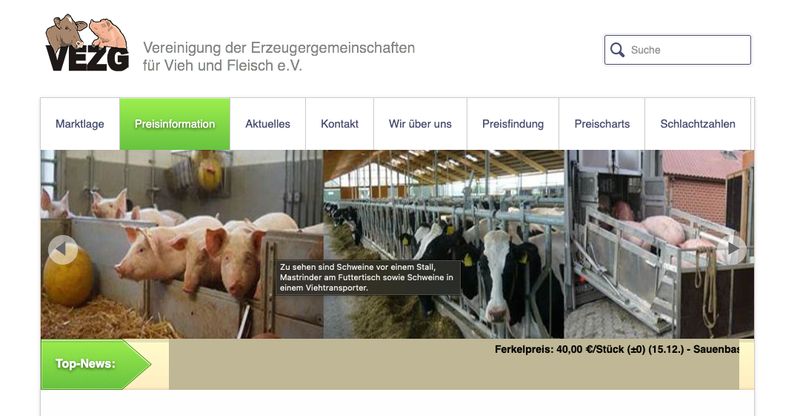
Published 2 months ago in Market Analysis
Bo Pedersen, Chief Revenue Officer
Deep dive into the VEZG (Vereinigung der Erzeugergemeinschaften für Vieh und Fleisch), the organisation behind Germany's influential pig price, the VEZG Notierung.
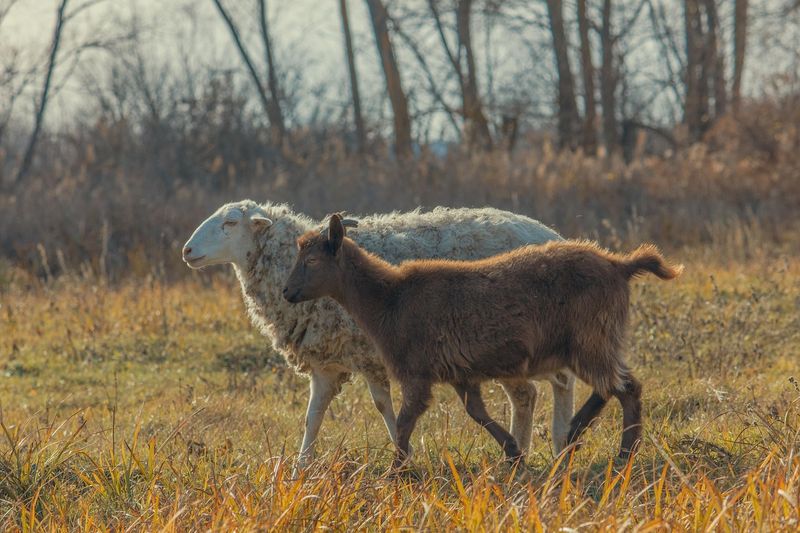
Published 2 months ago in News
Martina Osmak, Director of Marketing
The animal disease called Peste des Petits Ruminants has been confirmed in sheep in southern Croatia, and strict control measures are now in place.
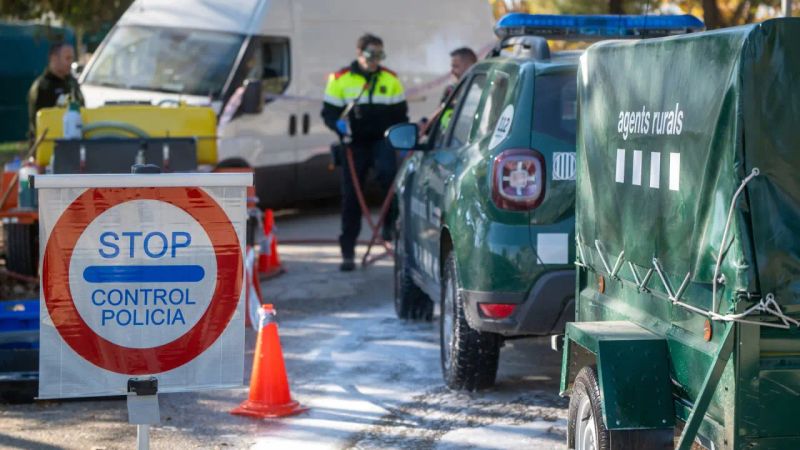
Published 2 months ago in News
Bo Pedersen, Chief Revenue Officer
Spain's Mercolleida drops another 6 cents to €1.04 while Germany holds firm. Interpol seizes 30,000 animals in global crackdown.